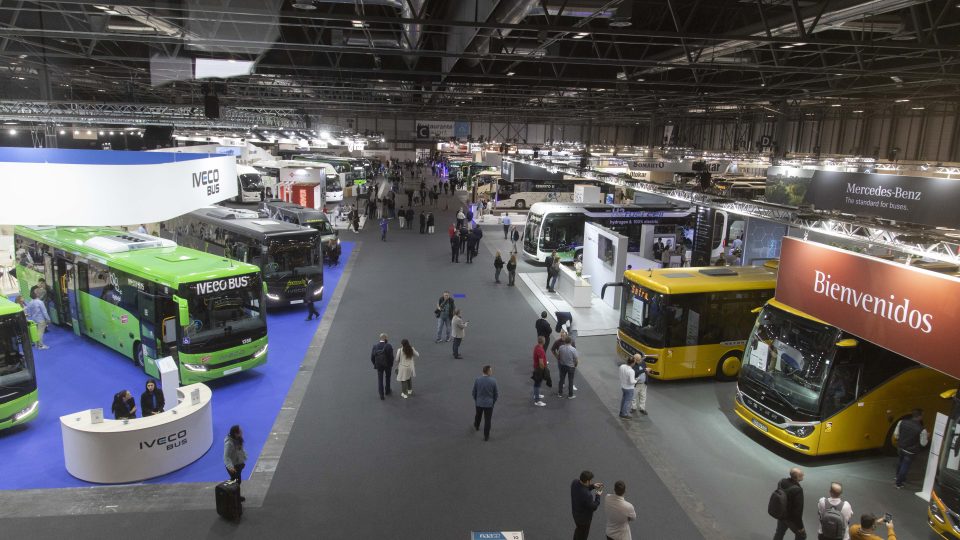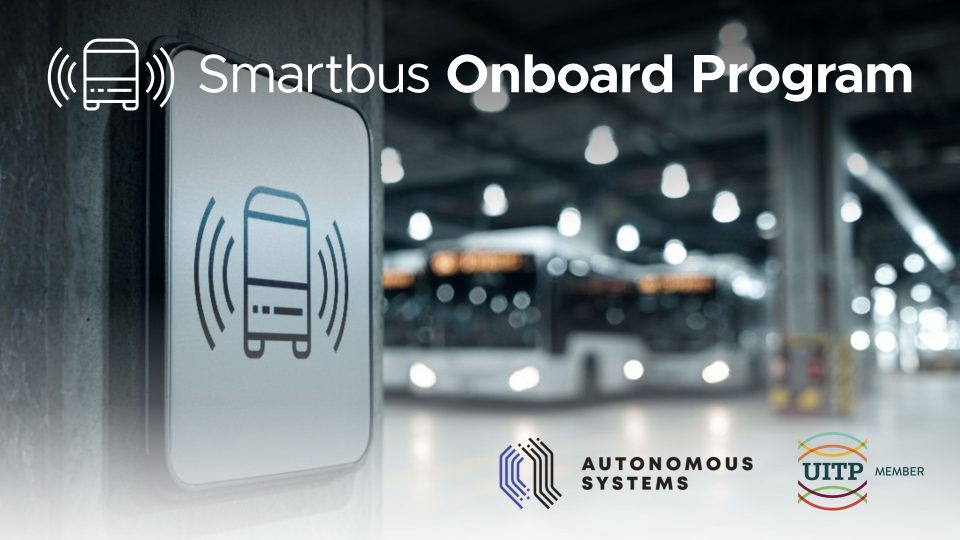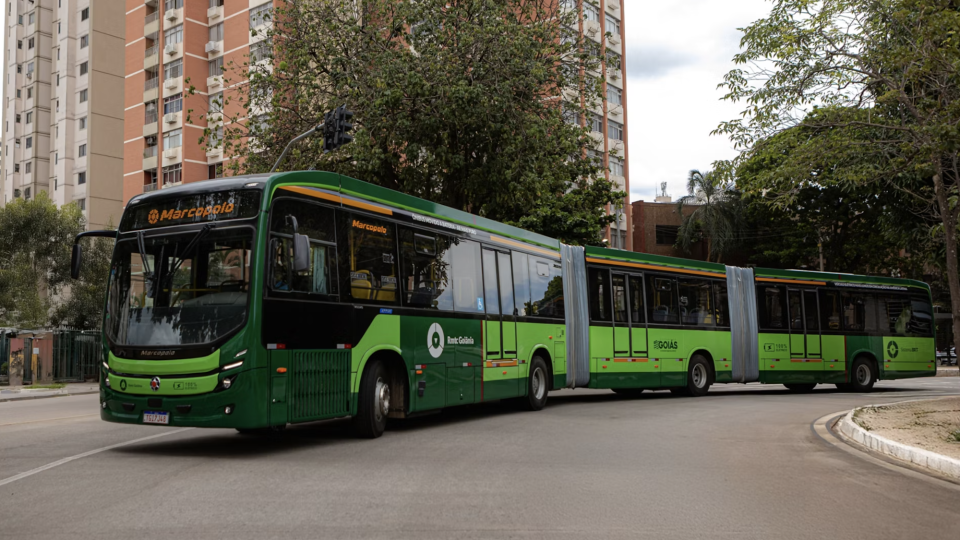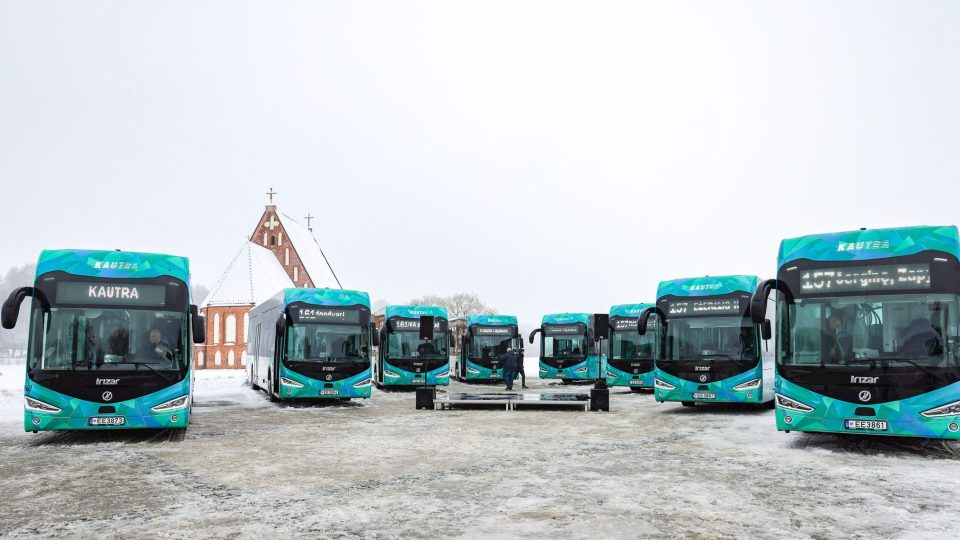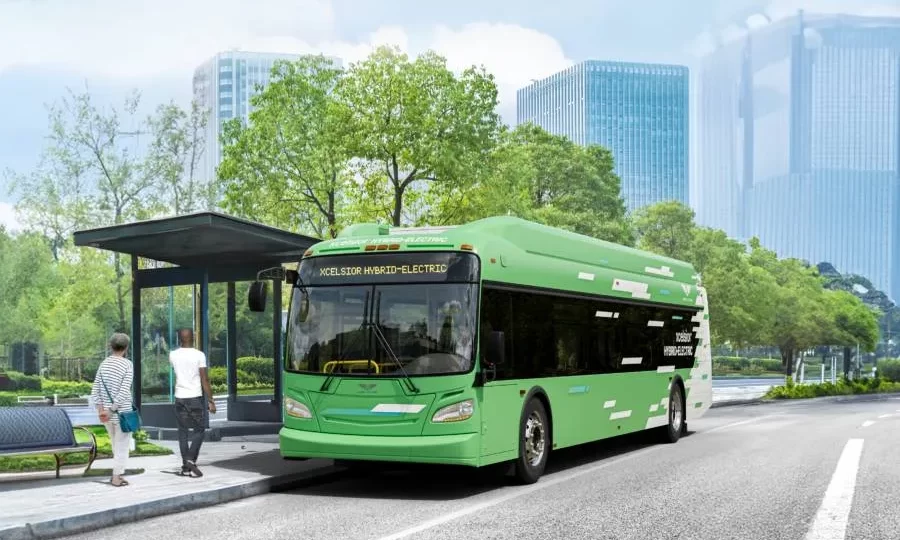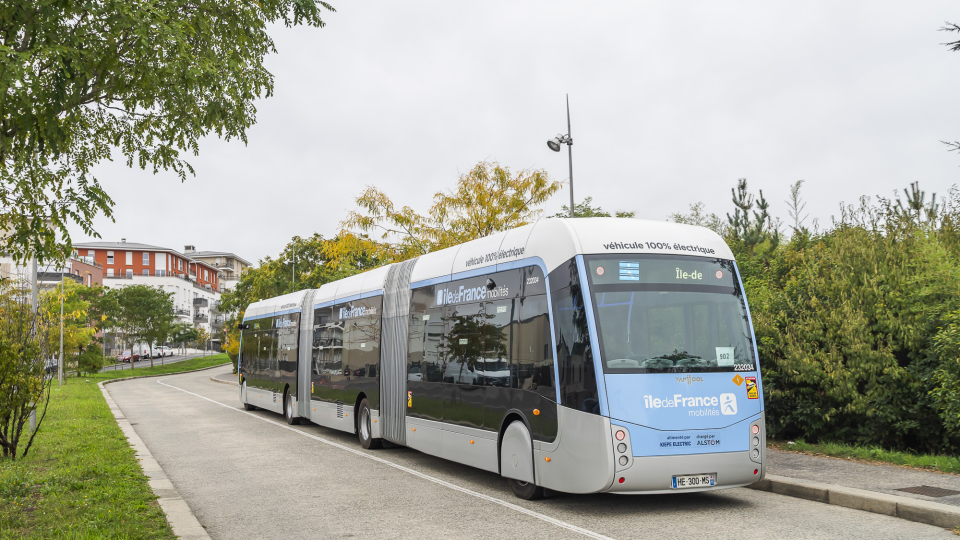MVG rolls out 13 MAN electric buses in Munich, thus bringing its e-bus fleet to 71 units
MVG is rolling out 13 new electric buses by MAN in Munich’s streets. The fleet of battery-powered Lion’s City 12 E buses will join 21 e-buses, also from MAN, operating in the city since 2023, thus expanding the e-bus fleet of Munich’s largest public transport company, coming to 71 vehicles, including some vehicles from Dutch […]
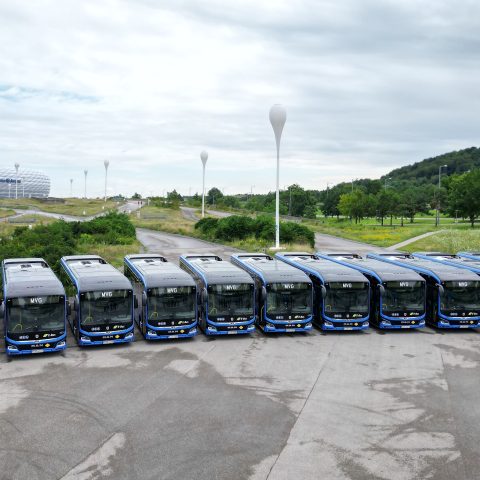
MVG is rolling out 13 new electric buses by MAN in Munich’s streets. The fleet of battery-powered Lion’s City 12 E buses will join 21 e-buses, also from MAN, operating in the city since 2023, thus expanding the e-bus fleet of Munich’s largest public transport company, coming to 71 vehicles, including some vehicles from Dutch Ebusco and from Daimler Buses.
74.2% of the 13 e-bus total investment is financed by public subsidies, MAN says.
MAN provides e-buses in Munich
The new buses are equipped with nickel-manganese-cobalt (NMC) batteries. With a total capacity of 480 kWh, the vehicles have a stated range of up to 350 kilometres. A CO2 air conditioning system is featured, which significantly reduces energy consumption compared to conventional systems. In addition, the built-in heat pump utilises the properties of the CO2 refrigerant to optimally heat the passenger compartment in winter. CCS charging sockets were also ordered on the left above the front axle.
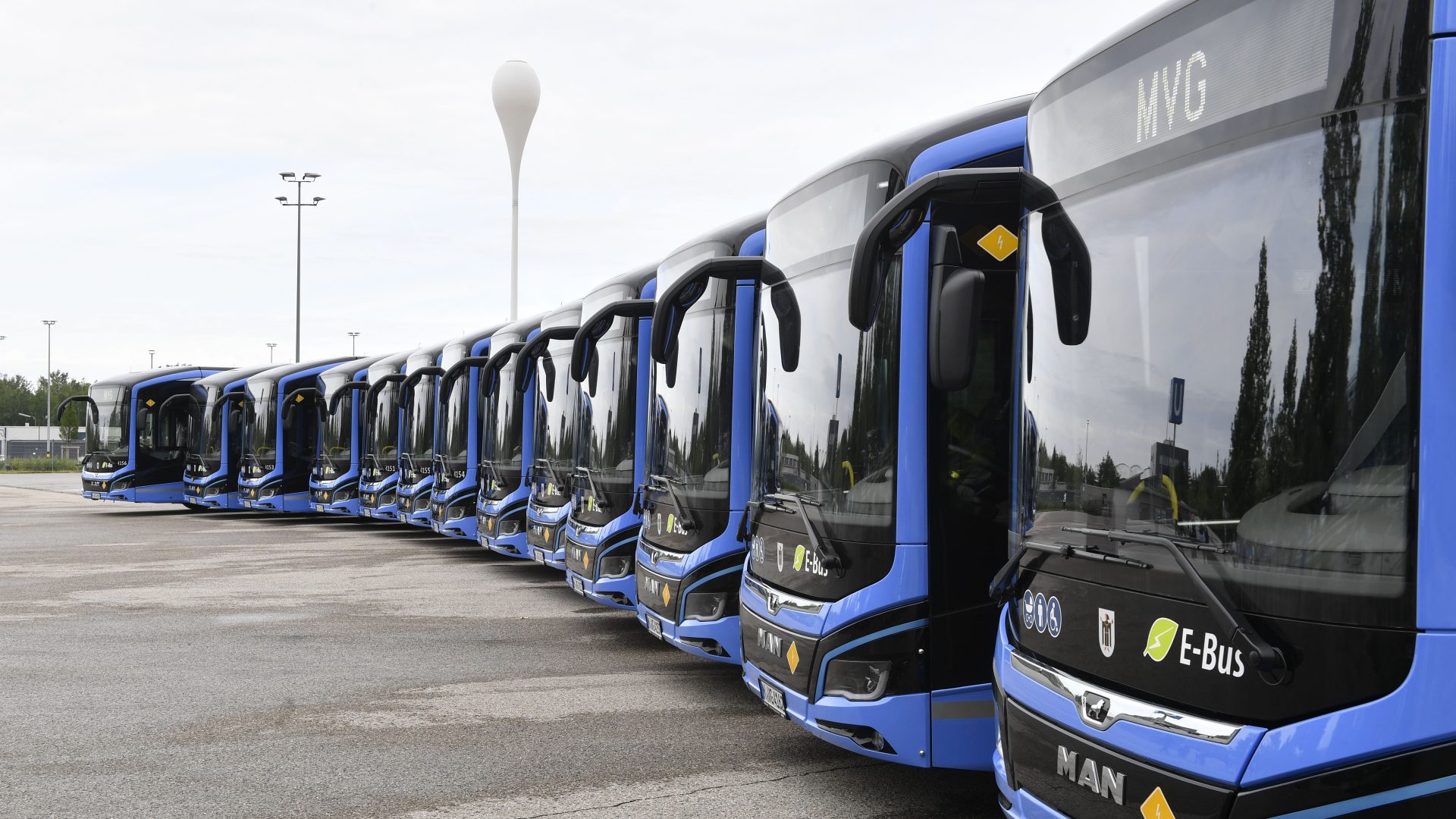
Support for the procurement is provided by the City of Munich from the special climate protection programme, the Bavarian State Ministry for Housing, Construction and Transport from the Bavarian Municipal Transport Financing Act and the Federal Ministry for Digital and Transport as part of the guideline for the promotion of buses with alternative drive systems in passenger transport. The funding guideline is coordinated by NOW GmbH.
MVG buys e-buses from MAN following trial
‘We are very pleased about the continued cooperation with MVG and are proud to make a contribution to sustainable mobility in Munich. Our new Lion’s City electric buses are state-of-the-art and offer passengers not only comfort, but also an environmentally friendly and quiet alternative to conventional drive systems,’ says Darko Simeunovic, Head of Bus Sales at MAN Truck & Bus Germany.
Ingo Wortmann, Head of MVG, adds: ‘With the buses coming into service over the next 12 months, our fleet of electric buses will be more than twice as large as before. The 13 12-metre buses that we are now putting into passenger service will be stationed at our e-bus depot in Moosach and will initially be used primarily on the routes on the Mittlerer Ring. By 2035, we want to operate our bus services completely electrically and thus make the city quieter, cleaner and more liveable”.

